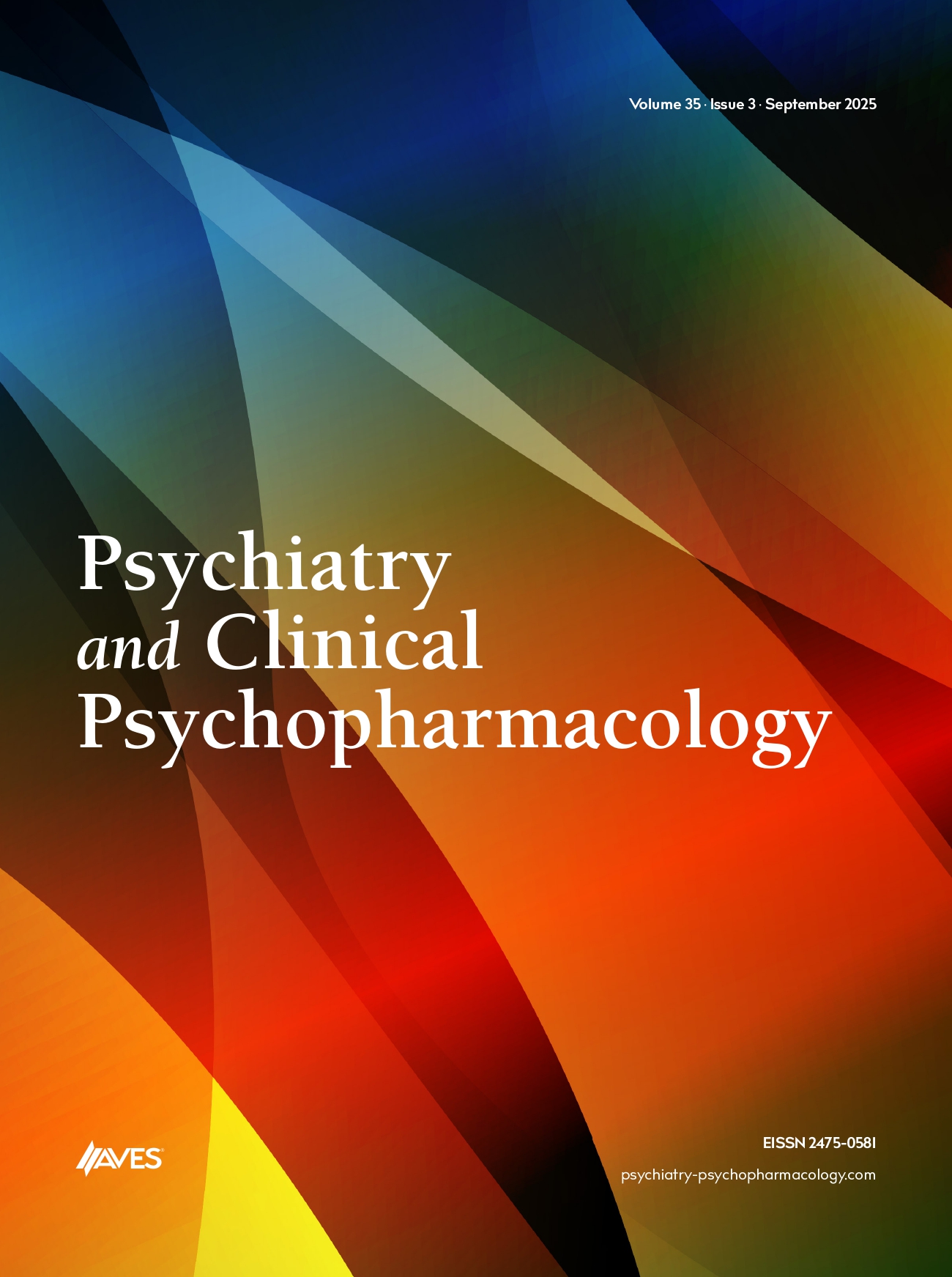Kleine-Levin syndrome (KLS) is a rare recurrent condition characterized by recurrent episodes of hypersomnia with behavioural or cognitive disturbance, hyperphagia and hypersexuality. During attacks patients show irritability, depression, euphoria, disorientation, difficulty in concentrating, incoherent speech, apathy, lethargy, delusions, hallucinations and amnesia. Between attacks they remain normal. Physical and laboratory examinations are invariably normal or nonspecific. In monosymptomatic form, hypersomnia occurs without hyperphagia and hypersexuality. Treatment protocols for KLS have not been established; lithium has been used in a few cases, but the efficacy is unknown. Here, we report a case of recurrent hypersomnia in which lithium was effective for the prevention of episodes. A 25-year-old male was admitted to our hospital because of recurrent episodes of hypersomnia. Her first attack of hypersomnia started at the age of 20, one week after an upper respiratory infection. The episodes of hypersomnia occurring 1 to 2 times a year, and each lasted 2 weeks. After the second episode, he was treated with methylphenidate. However, this treatment did not prevent the third symptomatic episode, which began one month later. Examination revealed amnesia, irritability and hypersomnia. Routine hematology, biochemistry, thyroid function tests, brain MRI and EEG were normal. Polysomnography could not be performed. We initiated lithium (600 mg/day) and episodes have not recurred since 3 years. Then patient stopped lithium himself. An episode of hypersomnia developed 2 weeks later, it was shorter lasting and less severe than previously. Lithium was started again and episodes have not recurred yet. Our case represents a monosymptomatic form of KLS, with amnesia, irritability and hypersomnia. A significant improvement in the signs and symptoms of the KLS occurred after lithium treatment. Various types of both pharmacologic and non-pharmacologic treatments have been tried in patients with KLS. Stimulants including methylphenidate, dextroamphetamine and ephedrine have been favored to alleviate hypersomnia. Because of the similarity with bipolar disorder, lithium has been proposed as the agent of choice. In addition, other mood-stabilizing agents such as valproate, carbamazepine, moclobemide have been tried, but most of these treatments have been reported anecdotally. This report indicates that lithium treatment showed a beneficial effect in a patient with Kleine-Levin syndrome, who failed to respond to methylphenidate. Efficacy of lithium therapy is particularly important not only for the reduction in the frequency of subsequent episodes but also in order to stop attacks.


.png)
.png)